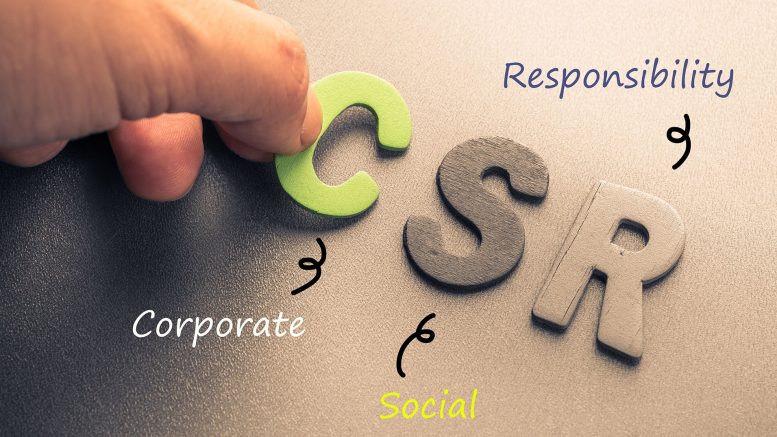India is the only country in the world to have a law that makes corporate social responsibility (CSR) mandatory. The debate on the effectiveness of a legislation versus it being voluntary has not ended. The opinions still continue to be out there and there are pros and cons to both. Irrespective, companies who are passionate about giving back to society, will always pursue that path. In fact, the latest India CSR outlook report says 65% of the surveyed companies spent more than the prescribed mandated amount on CSR! And 36% of the funds allocated were for programmes aimed at poverty alleviation, healthcare and WASH (water, sanitation & hygiene).
The Indian government has increased its scrutiny on the CSR amounts spent/unspent and on the activities that companies undertake. There are constant amendments to the laws and clarifications that get issued later, that, more often than not, add to the confusion instead of clarifying things! Nevertheless, the essence is that the law has become stringent and the governance of it stronger as days go by.
In such a scenario, it behooves an organisation to have a strategic outlook and plan when designing their CSR programme.
The first step therein is for the CSR team to be clued into the overall business objectives of their organisation. Strong impactful CSR programmes have the potential to play an important role when it comes to advocacy and supporting the reputation of a company. It can act as a powerful binder in the overall narrative and messaging, creating a unified voice that resonates with all the stakeholders including employees and customers.
The overarching thematic areas of work – whether it is healthcare or education or WASH or rural development; are all born out of this discussion. For instance, many pharmaceutical companies focus their CSR work in the area of healthcare. Now, within that big focus area, one can go granular and bring in multiple themes like women or child healthcare or healthcare in the aspirational districts as identified by the NITI Aayog. The identification of the thematic areas is key to the final selection of the programs that will follow.
Smart organisations often follow a second desirable step. That is, to align the above with the overall objectives and priorities of the government. This strategically helps in developing a long-term clear vision of the CSR programs. Involving cross functional team members from government and public affairs team is always an asset here.
Employee volunteerism in CSR programmes is a very potent factor that helps attract the best talent and also ensures loyalty and retention down the line. Many companies therefore see merit in organising their CSR activities around their manufacturing locations. The CSR team needs to sit with the business representatives to fine tune geographies and areas of work.
Once the thematic areas are zeroed and locked in and the geographies identified, the real task of the core CSR team begins. Designing, implementing, executing and monitoring strategic projects end-to-end is the key domain and expertise of the CSR team. It is the CSR team who builds on this and may chose to bring in implementing partners. The India CSR outlook report mentions that nearly 50% of the surveyed companies worked through implementing partners that are typically not-for-profit organisations (NGOs). The right impact is created when there is complete alignment between the organisation – NGO – end beneficiaries. This requires a lot of detailed work that needs to function within a strong framework of governance and ethics (to be elaborated in the next post).
It does not matter what thematic area your organisation choses to focus on through its CSR activities. What matters most is the impact and outcome it hopes to create. For that, it is critical that CSR programs have a long-term horizon and yet, be flexible enough to accommodate new opportunities and challenges along the way.
The views and opinions published here belong to the author and do not necessarily reflect the views and opinions of the publisher.



Leave a comment